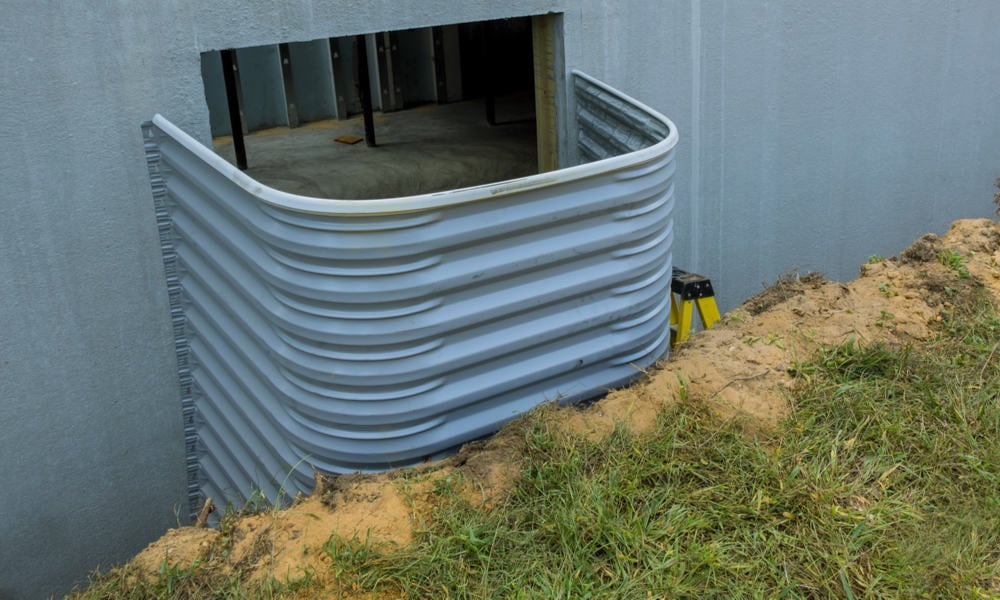Essential Steps for Planning and Budgeting Your House Renovation

Table of Contents
Renovating your home is an exciting endeavor that allows you to transform your living space according to your vision. However, embarking on a house renovation without proper planning and budgeting can quickly become overwhelming and financially burdensome.
We want you to get finish this house project seamlessly. So, let’s explore the essential steps for planning and budgeting your house renovation, ensuring a smooth and successful project.
Let’s define your goal first.
Before diving into a house renovation project, defining your goals is essential. Determine which areas of your house you want to renovate, whether the kitchen, bathroom, living room or other spaces.
Consider both the functional and aesthetic aspects of each area. Are you looking to create a more open and spacious layout? Do you want to update outdated fixtures and appliances?
Clearly defining your renovation goals allows you to establish a focused plan and allocate your resources accordingly.
You do not have to break the bank. Set a budget.
Establishing a budget is a crucial step in the planning process. Renovations can quickly become costly, and setting a realistic budget will help you avoid overspending. Research the average costs of similar renovations and consult with professionals for accurate estimates.
Consider materials, labor, permits, and any additional expenses that may arise during the project. Be sure to leave room for unforeseen costs or changes in your plan.
Setting a budget early will allow you to make informed decisions and prioritize your renovation projects accordingly.
Prioritizing projects accordingly.
If you have a limited budget, it’s important to prioritize your renovation projects. Determine which renovations are most important to you and align with your goals. Assess each area’s condition and consider the renovation’s impact on your daily life.
For example, if your kitchen is outdated and needs repair, it might be a priority over other areas. By prioritizing your projects, you can allocate your budget effectively and ensure that the most critical areas receive attention.
Research designs and layout.
Gathering ideas and inspiration is an exciting part of the renovation process. Explore different design inspirations, browse magazines, visit home improvement websites, and save images or articles that resonate with your vision.
Pay attention to the latest trends and innovations in home renovation, and consider timeless designs that will stand the test of time. Creating a visual representation of your desired outcome will help you communicate your ideas effectively to professionals and make informed decisions during the renovation.
Hire reliable professionals.
Depending on the complexity of your renovation project, you may need to hire professionals such as contractors, architects, or interior designers.
Research and vet potential professionals before making a hiring decision. Seek recommendations, read reviews, and evaluate their previous work. Ensure that they are licensed, insured, and have experience in the type of renovation you are undertaking.
Hiring professionals will save you time and effort and ensure that the work is done to high standards. Their expertise and guidance will help you navigate through the project smoothly.
Pre-renovation cleaning.
Preparing your house for renovation goes beyond planning and budgeting. It is important to clean the house thoroughly before the construction work begins. Dust, dirt, and debris can hinder the renovation progress and affect the outcome.
Hiring maid professionals can be a valuable investment during this stage. They can clean the floors, walls, windows, and other surfaces, ensuring a clean and organized environment for the construction work. A clean space allows contractors to focus on the task without unnecessary disruptions or obstacles.
Obtaining necessary permits
Before starting the renovation, check local building codes and regulations to determine if you need permits. Some renovations may require permits to ensure compliance with safety standards and zoning regulations.
Failure to obtain the necessary permits can result in legal complications and delays in the project. Research the permit requirements in your area and ensure that all necessary permits are obtained before the construction work begins.
Create a timeline. Set deadlines.
Developing a timeline for your renovation project is essential to ensure that tasks are completed on time. Consider the estimated duration for each task, potential delays, and any specific deadlines you need to meet.
A well-planned timeline allows you to manage the project effectively, communicate expectations to professionals, and make arrangements accordingly. Regularly reviewing and updating the timeline throughout the project will help you stay on track and address any unexpected issues promptly.
Managing logistics.
Managing logistics is another important aspect of preparing for a house renovation. Consider how you will handle furniture and belongings during the renovation. If certain areas of the house are being renovated, you may need to store furniture temporarily or rearrange it within the house.
Meanwhile, if the renovation affects essential areas such as the kitchen, laundry room, or bathroom, you might need to arrange temporary living accommodations or rely on wash and fold pickup and delivery today.
Properly managing logistics ensures a smooth transition during the renovation and minimizes disruptions to your daily life.
Communicating with contractors.
Establishing clear communication channels with your contractors is crucial for a successful renovation. Regularly update them on your expectations, discuss any changes or concerns, and address questions promptly.
Maintain open lines of communication throughout the project, as it allows for effective collaboration and problem-solving. By fostering a transparent and communicative relationship with your contractors, you can ensure that the renovation aligns with your vision and expectations.
Contingency planning.
It’s important to prepare for unforeseen circumstances during a renovation project. Set aside a contingency fund to account for unexpected issues that may arise. Renovations often uncover hidden problems or require additional work not initially planned.
A contingency fund will help you manage these situations without derailing your project or stretching your budget to the breaking point. While it is impossible to predict every challenge, being prepared financially provides peace of mind and the flexibility to address unexpected issues effectively.
Are you ready for it?
Preparing for a house renovation requires careful planning and budgeting. Following these essential steps can set the foundation for a successful project. Don’t overlook the importance of pre-renovation cleaning, as it creates a clean and organized environment for the construction work. Incorporate these steps into your preparation process, and you will be well-equipped to embark on your house renovation journey confidently.






